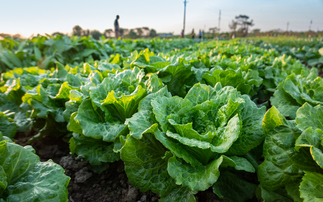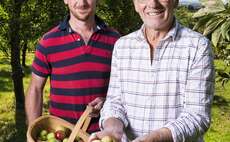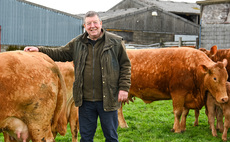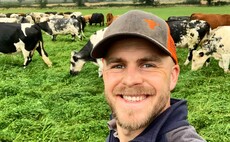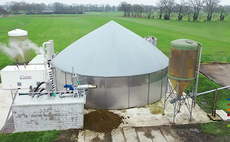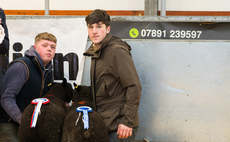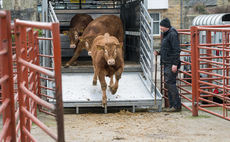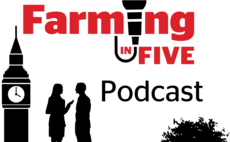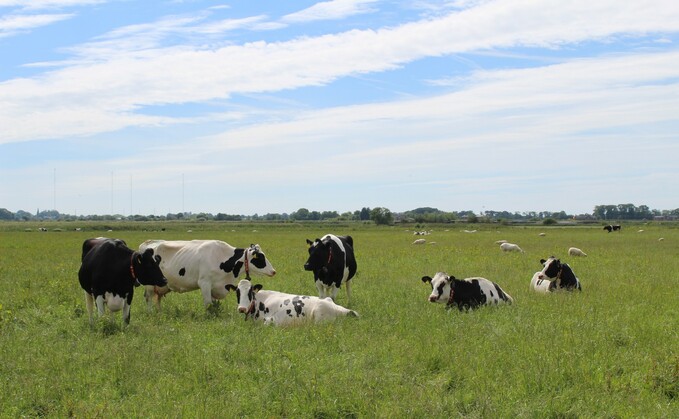
With the growing challenges surrounding climate change, resource depletion, and increasing food demand, sustainable farming is becoming more important than ever. As one of the largest land-based university colleges in the United Kingdom, spanning over 1000 acres, Myerscough College is committed to advancing sustainable farming practices. Myerscough College Farms, as a commercial operation, provides an inherent practical resource for students attending Myerscough College.
Over the last 12 months, Myerscough College's farm has welcomed over 3000 visitors including hosting Northern Area Field Day on behalf of Lancashire Young Íæż½ã½ã, LEAF National Schools Competition, Local Young Íæż½ã½ã Clubs, Open Farm Sunday, visits by farmers from Ukraine and South Africa as well as our local/ regional farming community who are invited to attend Agricultural Industry Focus Days which are organised to enable farmers to inform and discuss future curriculum plans.
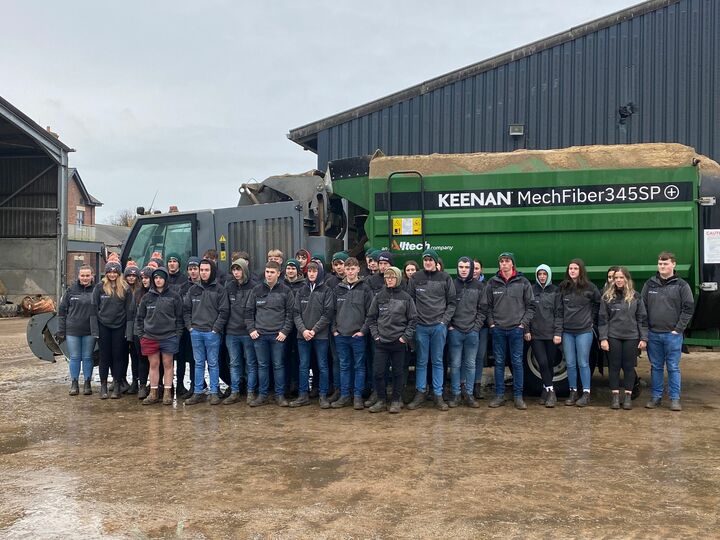
Myerscough College Farms has now firmly positioned itself as a school of sustainable farming demonstrating innovative farm practices to reduce greenhouse gases and pollution. As with many businesses Myerscough College Campus and Farms is no different in aiming to achieve net zero. Andrea Gardner, Farms Director, has a plan to deliver this and sets this out in 4 steps:
Step 1: Improve Efficiencies and Increase Productivity
Improving milk production efficiency has been realised with the introduction of robotics and automation at the same time reducing the environmental footprint of the milk that we produce. Calf management starts with the smooth transition of cows around calving by measuring and monitoring what the cows are eating and good colostrum management. Providing colostrum within the first two hours of life substantially increases future milk yields and future earnings.
Step 2: Reduce Purchased Feed and Fertilizer
The journey started in September 2021 adopting practices to improve nutrition across the herd and manage nutrients in the soil. Embracing technology, the farm purchased a self-propelled Keenan feeder with Near Infra-Red Spectroscopy (NIRS) measuring dry matters of forages used in the diet in real time. Therefore, cow intake requirements are accurately met despite changes to dry matter throughout the clamp. Intouch technology accurately measures purchased feeds into the wagon producing any errors which cause wastage. "At the end of the week I then receive an accuracy report from Intouch which identifies wastage occurred during loading. InTouch also tracks performance data including margins per cow and costs per litre. This has been eye opening and allows us to benchmark against other InTouch users." The introduction of Rumitech® into the diet from August 2024 will support the Colleges ambition to reduce cow methane emissions and improve feed efficiency.
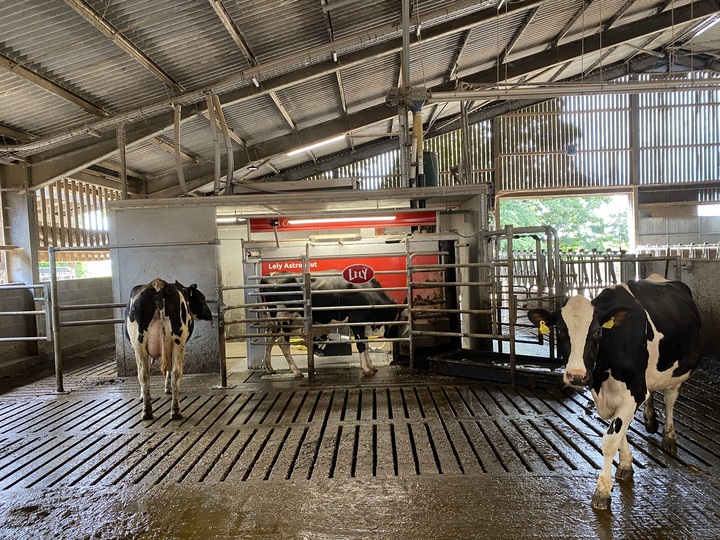
Step 3: Improve Soil Health and Maintain Trees and Hedges
Improvements in soil health started by soil testing all the fields in Spring 2023. Testing also identified soil carbon and organic matter. Results were used to inform nutrient requirements for the forthcoming cropping year. The farm then purchased slurry dribble bar applicator and umbilical slurry system taking this a step further, investing in HarvestLab™ precision agriculture technology. This also uses NIRS to analyse constituents in slurry enabling evening up of applications saving on mineral fertilizer applications. In addition, techniques such as soil aerations and sward lifting are widely practiced reducing compaction, oxidise the soil to allow the roots to take up applied nutrients and grow as vigorous as possible. Next steps have included integrating 50 acres of herbal leys into the rotation, initially for the 1000 sheep flock.
Step 4: Offset from the Grid
Recent installation of 80KW of solar panels on the southern aspect of the dairy unit aim to offset the running costs of the fans, robots and 16:8 lighting. The next stage is battery back up to support the robots through periods of electricity down time.
Myerscough College Farms is dedicated to sustainable farming and education, implementing innovative practices to reduce environmental impact while providing valuable resources and learning opportunities for students and the broader agricultural community.
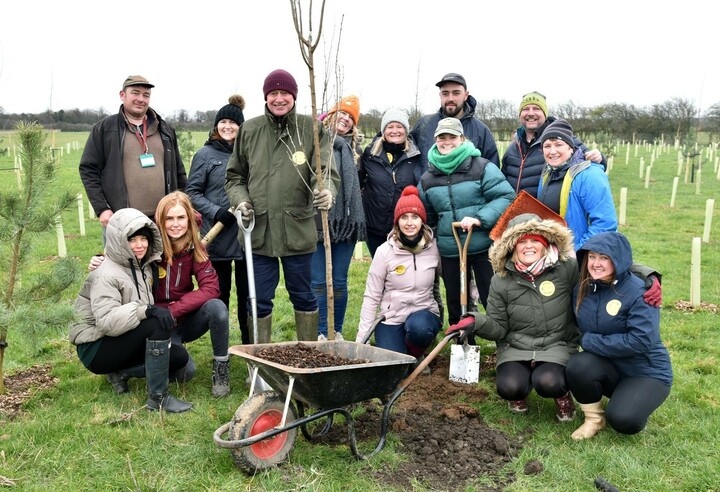
Through these four steps - improving efficiencies, reducing purchased feed and fertilizer, enhancing soil health, and offsetting energy consumption - Myerscough College are leading the way towards a sustainable future in agriculture.
Interested in finding out more?
For more information on the projects being undertaken by Myerscough College, please click the link below.
This post is funded by Myerscough College.






